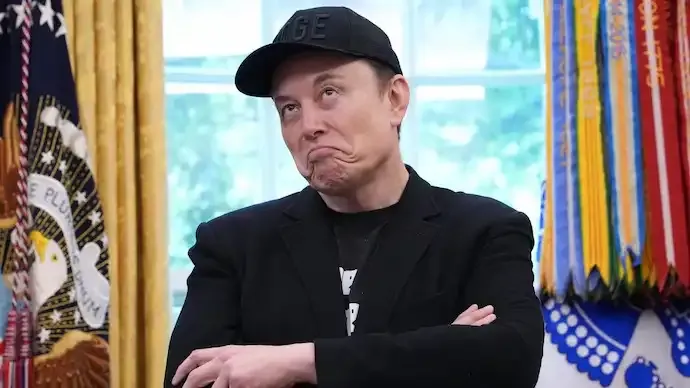Shopping cart
Your cart empty!
Terms of use dolor sit amet consectetur, adipisicing elit. Recusandae provident ullam aperiam quo ad non corrupti sit vel quam repellat ipsa quod sed, repellendus adipisci, ducimus ea modi odio assumenda.
Lorem ipsum dolor sit amet consectetur adipisicing elit. Sequi, cum esse possimus officiis amet ea voluptatibus libero! Dolorum assumenda esse, deserunt ipsum ad iusto! Praesentium error nobis tenetur at, quis nostrum facere excepturi architecto totam.
Lorem ipsum dolor sit amet consectetur adipisicing elit. Inventore, soluta alias eaque modi ipsum sint iusto fugiat vero velit rerum.
Sequi, cum esse possimus officiis amet ea voluptatibus libero! Dolorum assumenda esse, deserunt ipsum ad iusto! Praesentium error nobis tenetur at, quis nostrum facere excepturi architecto totam.
Lorem ipsum dolor sit amet consectetur adipisicing elit. Inventore, soluta alias eaque modi ipsum sint iusto fugiat vero velit rerum.
Dolor sit amet consectetur adipisicing elit. Sequi, cum esse possimus officiis amet ea voluptatibus libero! Dolorum assumenda esse, deserunt ipsum ad iusto! Praesentium error nobis tenetur at, quis nostrum facere excepturi architecto totam.
Lorem ipsum dolor sit amet consectetur adipisicing elit. Inventore, soluta alias eaque modi ipsum sint iusto fugiat vero velit rerum.
Sit amet consectetur adipisicing elit. Sequi, cum esse possimus officiis amet ea voluptatibus libero! Dolorum assumenda esse, deserunt ipsum ad iusto! Praesentium error nobis tenetur at, quis nostrum facere excepturi architecto totam.
Lorem ipsum dolor sit amet consectetur adipisicing elit. Inventore, soluta alias eaque modi ipsum sint iusto fugiat vero velit rerum.
Do you agree to our terms? Sign up

Tech billionaire Elon Musk, CEO of SpaceX and Tesla, reacted in his signature tongue-in-cheek style to a new report on foreign espionage targeting the US tech sector. Responding on X, Musk quipped: “If she’s a 10, you’re an asset,” highlighting both the humorous and cautionary aspects of seductive espionage.
The Times (UK) investigation revealed that Chinese and Russian operatives are increasingly using “sex warfare” tactics to infiltrate US technology firms. These spies often pose as entrepreneurs, investors, or romantic partners, seeking access to sensitive research, defence technology, and artificial intelligence projects.
US counterintelligence agencies are concerned that these operations rely on emotional manipulation rather than hacking, blurring the line between traditional human intelligence (HUMINT) and cyber espionage. Former analyst Jeff Stoff warned, “China is targeting our startups, our academic institutions, our innovators,” emphasizing the economic stakes of these covert operations.
According to the report, some operatives have engaged in long-term schemes, including marriage, to secure access to critical information in aerospace, defence, and crypto technology. Analysts describe these operations as asymmetric advantages, since US agencies are constrained by law and ethics from using similar tactics.
China’s approach exemplifies a “whole-of-society” espionage strategy, employing civilians such as students, businesspeople, and startup founders as intelligence assets. The economic implications are enormous, with the Commission on the Theft of American Intellectual Property estimating losses of up to $600 billion annually, largely attributed to China.
Pitch traps and honeytraps extend beyond romantic lures. US authorities warn that Chinese-run innovation competitions often entice startups into sharing intellectual property, which can later be exploited or patented abroad. A biotech CEO revealed that after winning $50,000 in such a contest, his federal funding was frozen, demonstrating the real-world impact of these tactics.
Experts note that espionage has shifted from government secrets to private tech innovation, targeting data scientists, AI engineers, and startup founders — individuals who control technologies with national security value. The FBI and National Counterintelligence and Security Center (NCSC) are urging Silicon Valley firms to implement stronger insider-threat training and behavioural monitoring.
Musk’s viral quip underscores the growing awareness of this unconventional espionage method, highlighting the need for vigilance in protecting intellectual property and safeguarding innovation in the face of evolving geopolitical risks.
3
Published: 5h ago